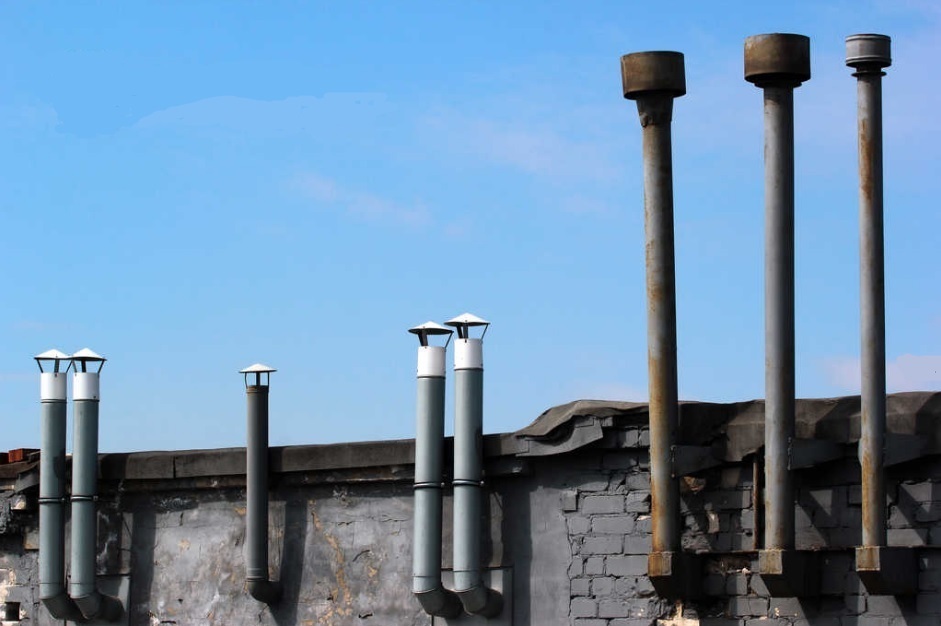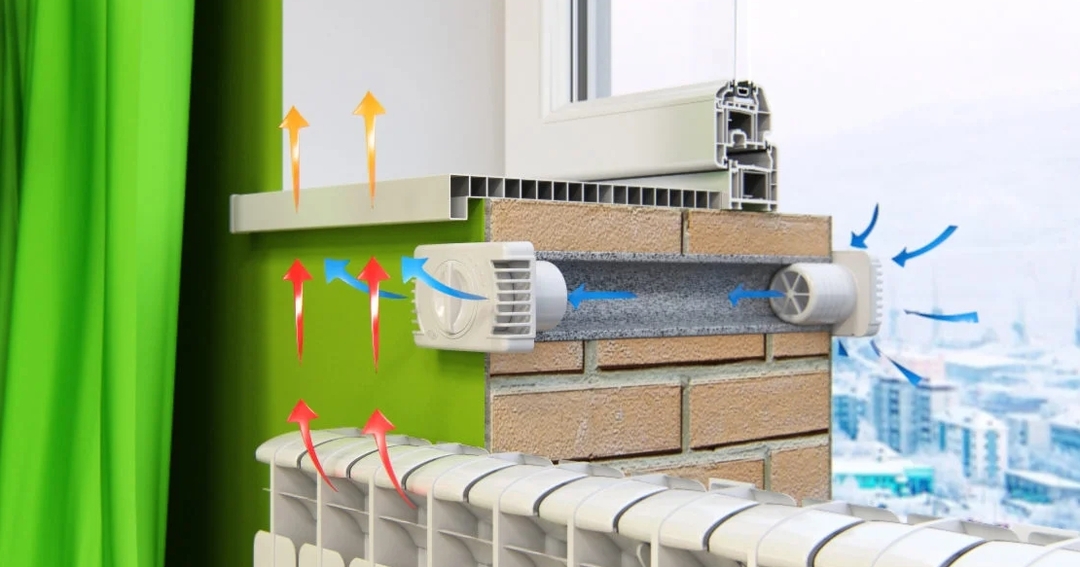Every parent would like to know where the child has a button that turns off his snot, allergies and all kinds of acute respiratory infections. And imagine, there is such a button. Only it works intermittently and does not always guarantee one hundred percent shutdown of the disease. This button is the relative humidity in the room.
To normalize it, special devices are installed - humidifiers. But these devices are not a universal magic wand and have certain disadvantages. In this article, we will talk about the main pros and cons of a humidifier for a child and give some tips on how to reduce the negative impact of this device.
The content of the article:
- The effect of low humidity on a child
- Normal air humidity in the apartment
- Benefits of a humidifier for kids
-
Damage from a humidifier
- The negative effects of traditional humidifiers
- Why a steam humidifier is harmful
- Dangers of using an ultrasonic humidifier
- How to reduce the negative effects of a humidifier
- Conclusions and useful video on the topic
The effect of low humidity on a child
You cannot look at a child as an adult in miniature. Babies, kindergarteners, and even adolescents have several thermoregulatory mechanisms that differ from adults. Initially, they need more humidified air. Low humidity in the room creates a strong load on the child's body and leads to serious malfunctions in its work.
Babies are completely contraindicated to be in a dry climate, because they receive the bulk of oxygen through the skin for up to a year. It is noticed that in a room with dry air in infants, milk is absorbed worse, dysbacteriosis appears and tics may occur.
If the baby's lips and nasolabial triangle turn blue, this indicates severe hypoxia (oxygen starvation). In this case, it is necessary not only to ventilate the room well, but to increase the relative humidity in the room.
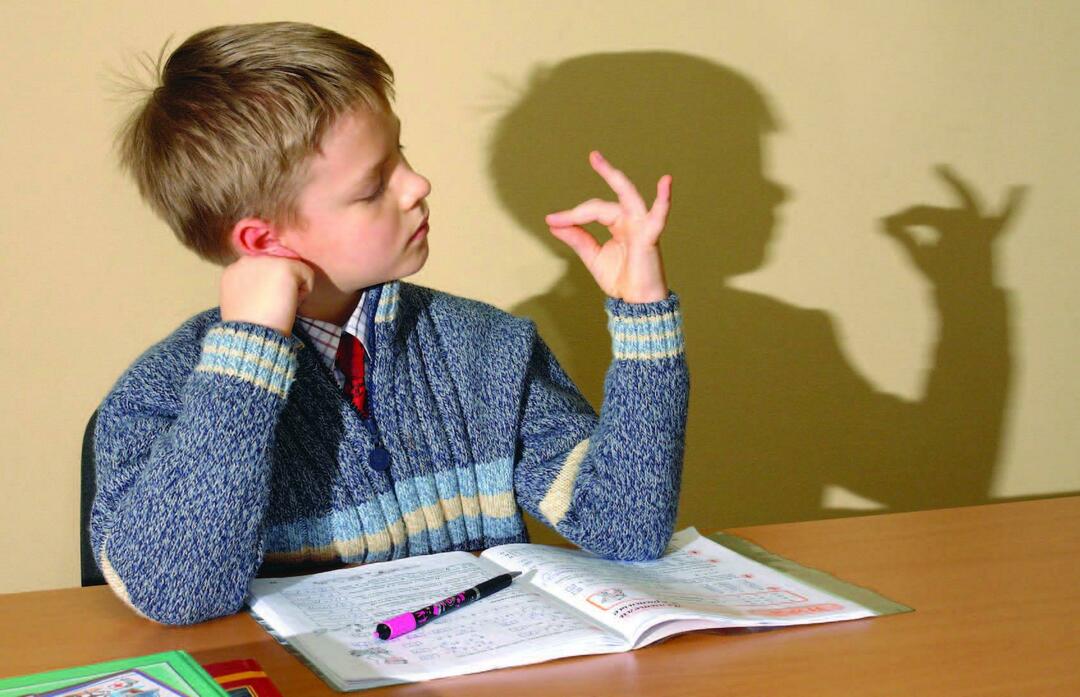
Prolonged exposure to a room with dry air can lead to a decrease in concentration in a child of any age.
The drier the air in the room, the more fluid the child's body spends on moisturizing it to the desired parameters, because humidity standards must comply with sanitary and epidemiological requirements.
Due to additional loss of water, the mucous membrane dries up, skin problems begin, and immunity decreases, i.e. the child's body can no longer fully defend itself against the effects of pathogenic microorganisms. Dry air in a room can lead to sleep problems and kidney disease.
No amount of immunostimulants, vitamins and flu shots will help a child if he sits in a room with dry air every day. The child will still be ill, because due to the lack of water in the body, its resistance to bacteria decreases. If at the same time he does not receive an abundant drink, the diseases will be protracted and will soon develop into chronic ones.

Before starting the next course of antibiotics, it is worth assessing the state of the microclimate and the level of humidity in the room in which the child lives.
All kinds of gaseous compounds constantly accumulate in the air of a closed room: gases from cooking, polymer fumes from room decoration, human waste products and etc.
Children who regularly breathe dry air suffer from various infectious diseases more often than their peers. If the humidity in the room has dropped to 20%, a small child may even get heatstroke.
Normal air humidity in the apartment
Relative humidity is the amount of moisture in the air as a percentage of the maximum possible. This parameter is invariably associated with the indoor microclimate.
Normal humidity in the room Is a guarantee of safety for the health and well-being of a person of any age. Room humidity of about 40-70% can be considered comfortable. Reduced humidity leads to the accumulation of dust on furniture and appliances, exacerbation of allergies and an increase in susceptibility to various viruses and bacteria.
A couple of decades ago, people tried to increase the humidity in the children's room by daily wet cleaning, placing containers with water and regular ventilation.
But standard cleaning (both general and daily) cannot provide a normal level of humidity in the apartment. Very little time passes, and dry air again accumulates in the room.
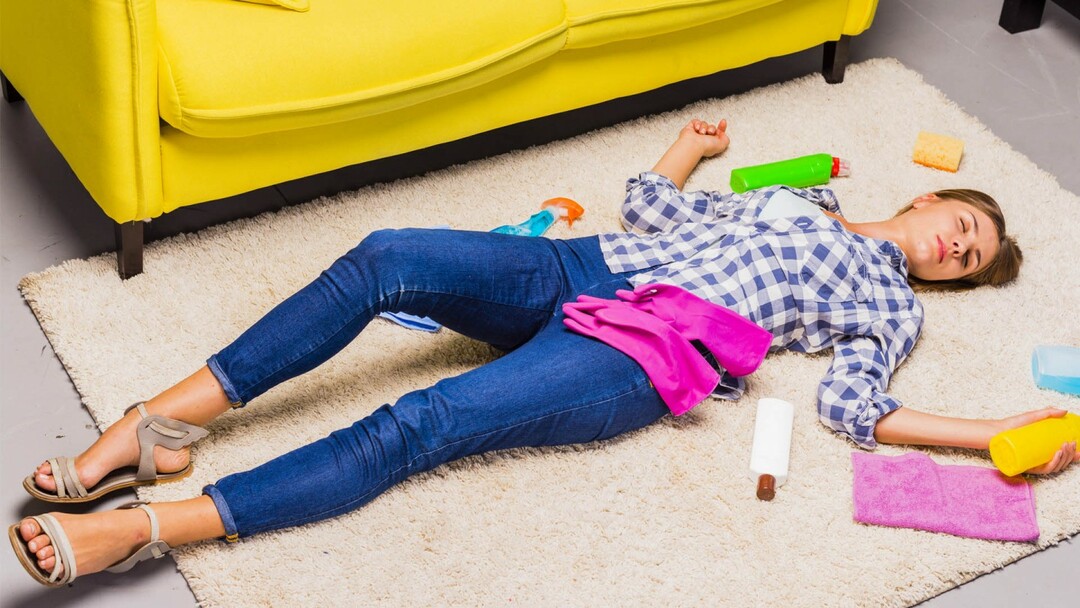
Even the most thorough general cleaning with the use of special cleaning agents does not guarantee the normalization of the microclimate in the children's room.
But all folk remedies pale against the background of the use of a conventional household air humidifier. This device is able to create a comfortable indoor climate in a short time.
All humidifiers can be divided into:
- Traditional - devices, the principle of operation of which is based on natural (natural) evaporation of moisture. They consume little electricity and are ideal for aromatherapy.
- Steam - devices operating on the principle of evaporation. With their help, you can quickly achieve the desired moisture values.
- Ultrasonic - modern silent units that allow you to set the desired level of humidification. Ultrasonic devices ergonomic, compact and easy to use.
When used correctly, these humidifiers do not have any negative effects on children. Regardless of the model humidifiers should be used both in summer and winter. In winter, the air in the room dries up due to the batteries, and in summer the moisture in it evaporates due to the switched on air conditioners.

The choice of one or another humidifier for a children's room depends on the parameters of the room, the age of the child and the purchase budget.
Benefits of a humidifier for kids
Air humidifiers can optimize the thermoregulation of the baby during sleep and wakefulness. In a room with humidified air, a person feels sleepy and vigorous. Air humidifiers can have a positive effect on the condition of a person's skin, hair and nails.
A comfortable indoor climate helps to cope with acne, teenage acne and other irritations on the face. Also, an air humidifier helps to tighten the pores on the face and soothes the skin after sunburn.
The use of a humidifier is necessary during outbreaks of acute respiratory infections and influenza. Dirty and dry air in the room can lead to the development of rhinitis, bronchitis and even asthma in a child if any bacteria enters the child's body.
The dried air in the room leads to drying out of mucus, which usually removes various pathogenic microorganisms from organs and tissues. This increases the risk of complications. Even a banal ARI can develop into pneumonia or meningitis.
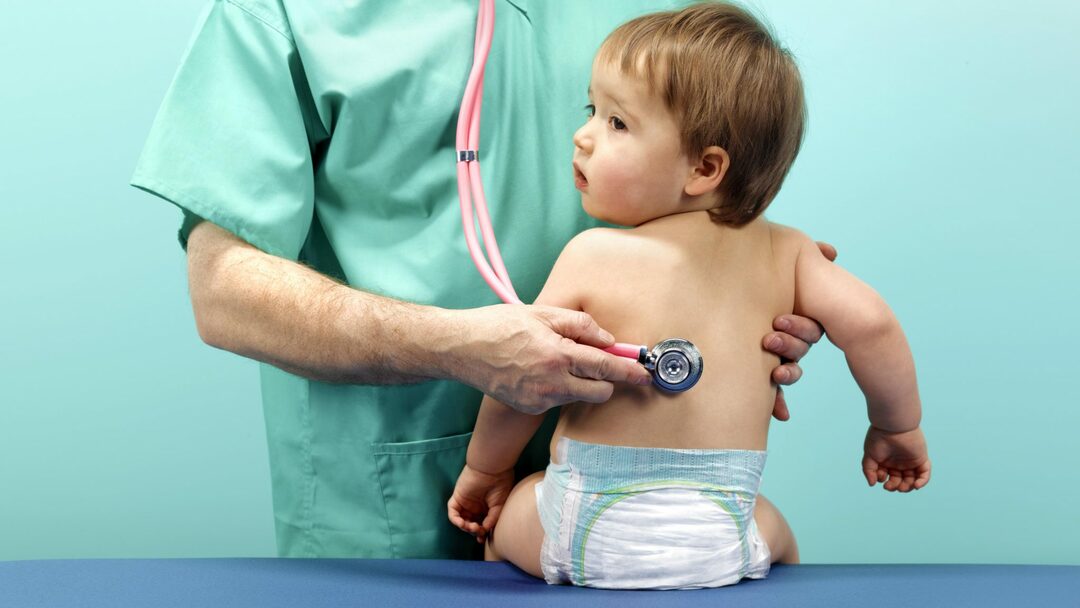
Overdried indoor air can be deadly for a child's body, so a household humidifier should be installed in the room.
A humidifier weighs down micro-particles of dirt, dust, animal hair and pollen, preventing them from rising up. And steam units completely destroy harmful bacteria. This reduces the child's risk of allergic reactions. In addition, the quality of his sleep improves.
In a stuffy room, a child is often tormented by nightmares, and because of this, he screams at night and even wet his bed (we are talking about kindergarten and elementary school students).
If the room has a normal microclimate, such problems will disappear. The kid will be able to wake up at night without any problems and go to the toilet on his own. In fact, a humidifier can help cope with nighttime enuresis.
Also, the advantages of using a humidifier include:
- elimination of unpleasant odors in the room (due to the fact that all particles that may smell bad go down together with the moisture that binds them);
- improving blood circulation in the brain (due to this, the child's attentiveness and performance at school will increase);
- strengthening the immune system;
- elimination of puffiness and dark circles under the eyes;
- prevention of eye problems (due to dehydration of the body, conjunctivitis or other inflammatory eye diseases may begin).
But it's important to remember that a humidifier is not a magical remedy that cleans up dirt from a room in one fell swoop. The device acts only on air humidity, it does not absorb or destroy viruses with microbes.
In the apartment, you still need to clean up, wipe the dust, evaporate the curtains, clean the sofas and vacuum the carpets. You should also ventilate the room daily.
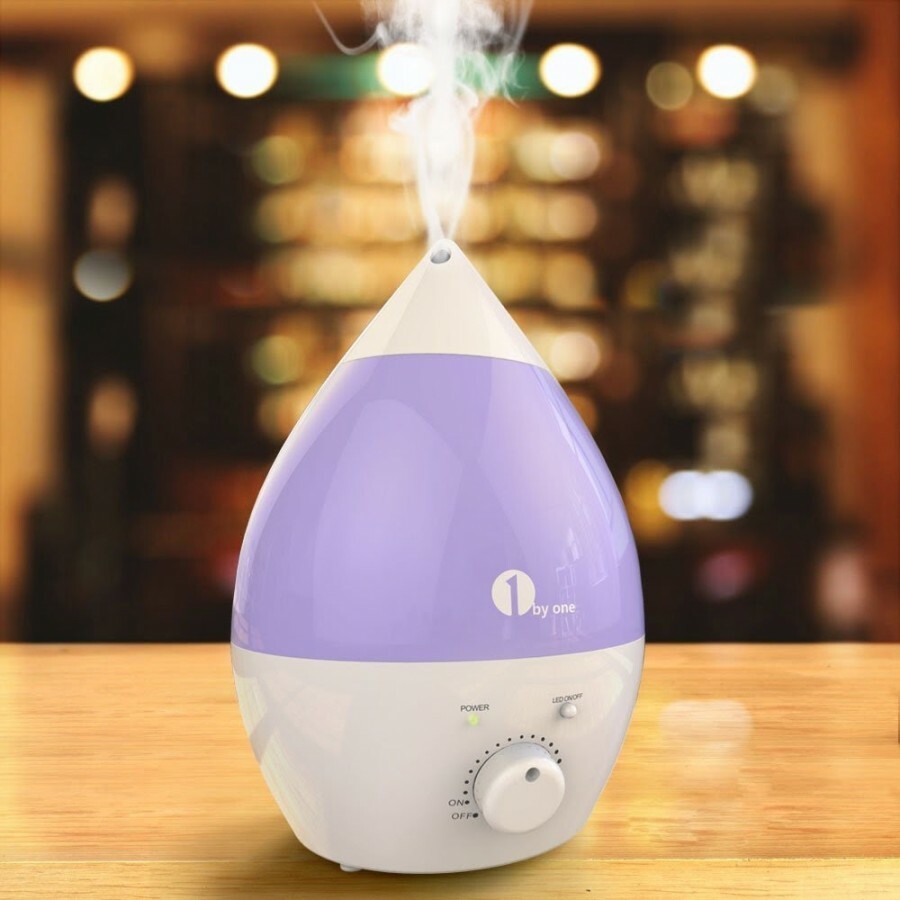
A household air humidifier is a versatile device that can improve the microclimate in a children's room in a matter of hours.
However, during the operation of the humidifier, it is better not to open the window, so as not to negate its useful properties. Indeed, with the windows and vents open, the humidity indicators in the room immediately begin to fall.
Damage from a humidifier
An air humidifier is a unique and extremely simple device that allows many to forget about allergies and respiratory diseases, but even in it they manage to find negative features. The nature of the negative impact of the humidifier on the human body depends on the design features of the device.
The negative effects of traditional humidifiers
The safest units are traditional air humidifiers. They do not emit hot steam and are practically harmless with timely replacement of filter cartridges.
Their main disadvantage can be called loud noise during operation. This noise can make it difficult for children to concentrate while playing or studying. Because of constant extraneous sounds, the child can become nervous, hot-tempered or whiny.
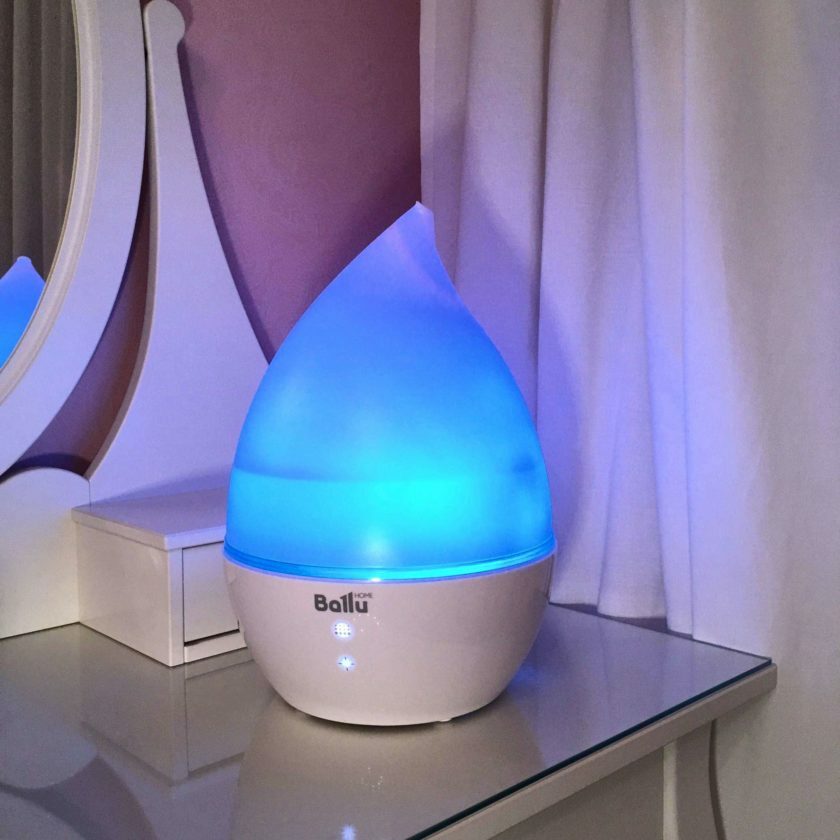
If a traditional household humidifier makes a lot of noise, it can be turned off or set to minimum power when children are in the room.
To eliminate such a negative action humidifier operation on the children's nervous system, you need to turn on the humidifier only when the child is not in the room. In this case, by his arrival, the room will have a normal microclimate, but any irritating factors will disappear.
Why a steam humidifier is harmful
Using a steam humidifier can cause your child to be thermally burned by the hot steam escaping from the device. To prevent this from happening, the device should be installed in a hard-to-reach place (on a cabinet or behind a fence) or use an ultrasonic humidifier that does not emit steam.
Also, steam humidifiers, which do not have a built-in hygrostat, can lead to increased humidity in the room, and this, in turn, can provoke a sore throat.
But the occurrence of tonsillitis or tonsillitis becomes possible only if the relative humidity in the room rises to 80%. Only then, due to an excess of moisture in the air, mucus begins to accumulate in the lungs and bronchi, forming a beneficial environment for bacteria to multiply.
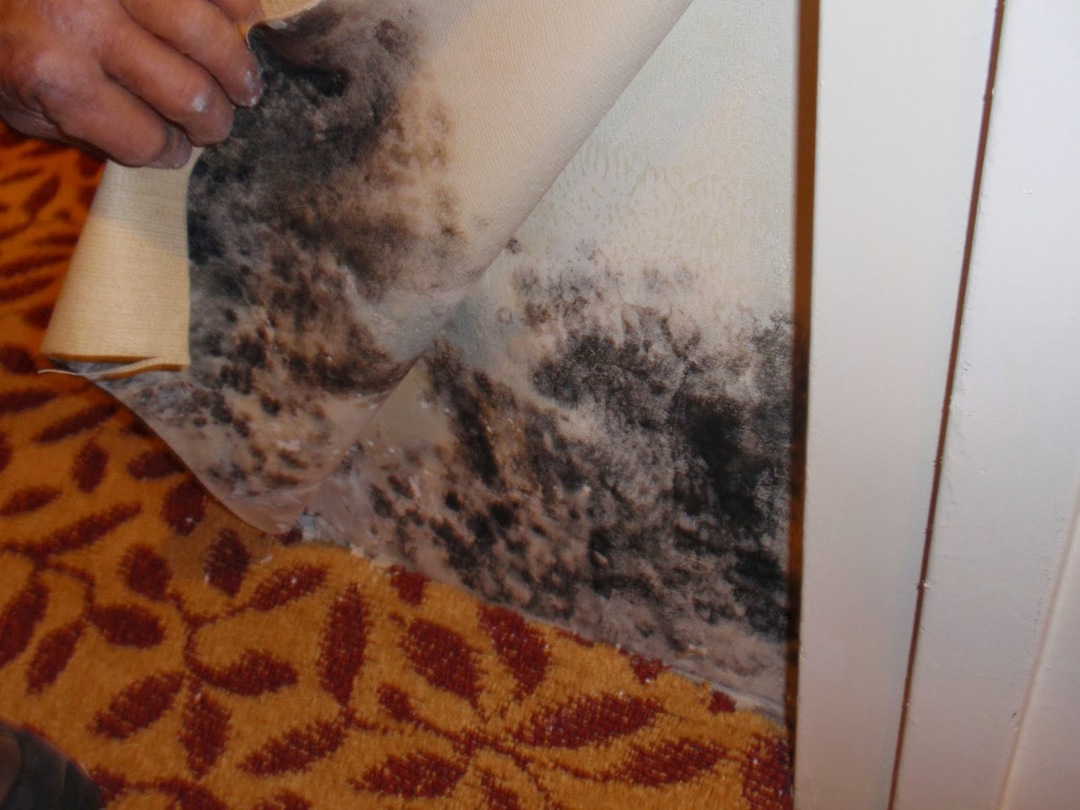
Sometimes mold is associated with high humidity in the room, but it does not appear due to humidifiers, but due to ventilation problems
However, it is extremely difficult to achieve this level of humidity. In the cold season, due to actively working batteries, the humidity indicator rarely rises above 35% (usually lower). Those. even the most powerful humidifier cannot raise this value to 80%.
Dangers of using an ultrasonic humidifier
In ultrasonic humidifiers, filters periodically break, which retain various impurities of minerals in the water. Because of this, a thin layer of white salt deposits may appear on furniture and appliances. The same plaque appears when using an ultrasonic humidifier without a filter.
Mineral salts that settle in the room become an excellent breeding ground for bacteria. Moreover, these salts not only settle on interior items, microscopic particles of minerals are also contained in the air, which is inhaled by all those who are in the room.
But this problem can be solved by using distilled water sold in stores or water purified in household filters for the humidifier. Do not pour tap water into the humidifier.
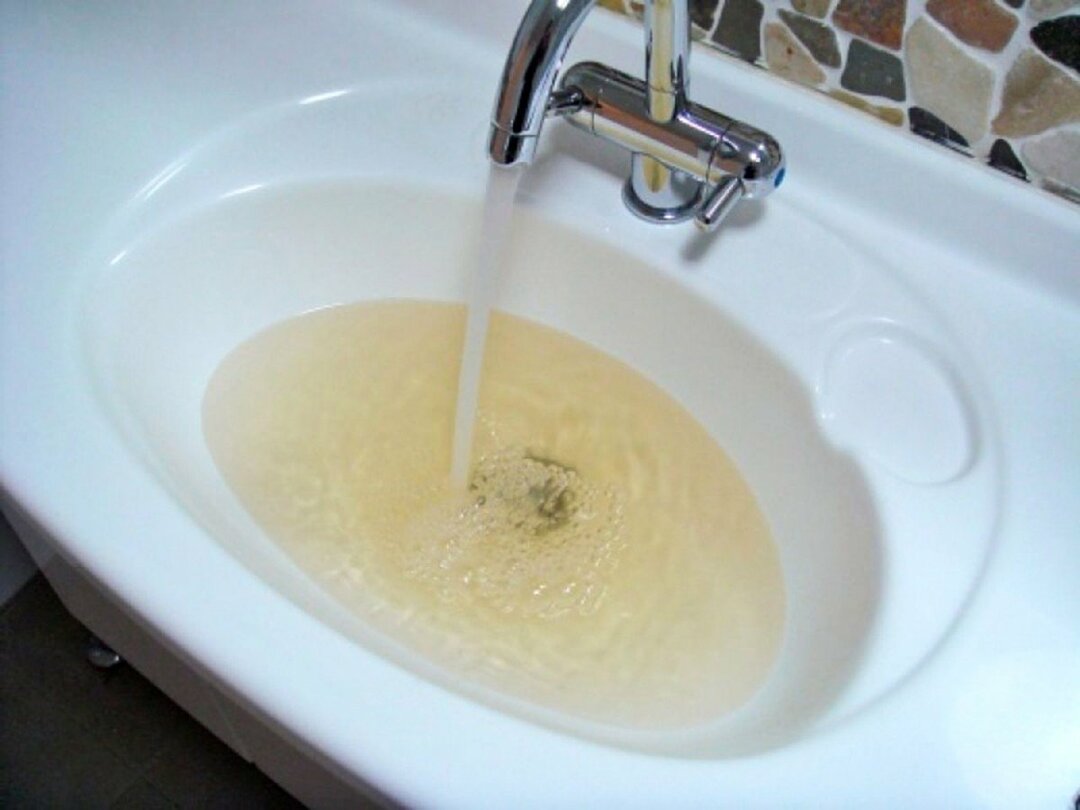
City water contains too many impurities that, if evaporated, can enter the child's respiratory tract and cause irritation.
Some people are wary of putting ultrasound devices in homes with small children. This is due to the fact that the effect of ultrasound on the human body has not yet been fully understood.
In fact, this action can be associated with tissue stimulation and a local thermal effect that ultrasound can have on individual human organs. Weak stimulation with ultrasonic waves improves blood circulation and metabolic processes.
However, the prolonged and intense influence of ultrasound can destroy the cells of the body and lead to:
- baldness;
- increase in ROE indicators;
- hemolysis;
- destruction of nerve cells (in children, the detrimental effect on the central nervous system becomes especially noticeable);
- pathologies from the skeletal system, etc.
But certified humidifiers use a 5 MHz wave frequency. Ultrasonic waves of this frequency are harmless to health. They act not on a person, but on a membrane moistened with water.
If, after purchasing and installing a humidifier, the child has problems with sleep, has decreased appetite, he has become apathetic, fearful, then you need to check the device. Perhaps the problem lies in him.
Cheap and low-quality air humidifiers of dubious production, which do not have the necessary certificates, can use a different wave frequency and a different principle of action, and therefore have a detrimental effect on health child.

Before buying a humidifier for a children's room, you need to read the real reviews of people who have already purchased such devices
Those. the likelihood of a negative effect of the humidifier on the body directly depends on the quality of the device. If you do not save money and choose devices from trusted manufacturers, there will be no problems. Humidifiers from Vitek, Scarlett, Sharp, Electrolux, Polaris and Philips have proven themselves best.
How to reduce the negative effects of a humidifier
In most cases, the harm from using household humidifiers is associated with violation of safety rules, errors in the operation of equipment and the wrong choice of device.
When buying a humidifier, consider:
- the area of the room (it depends on this parameter exactly what volume of the tank the device should have);
- noise level during operation;
- handling characteristics;
- the presence of additional functions (for example, humidifiers with an air purification function help to eliminate various allergens from the house and are suitable for families with allergies);
- power consumption parameters.
It is not recommended to keep the humidifier switched on all the time. Dr. Komarovsky advises to turn on the device only when the air humidity drops below 50%.

If you believe the words of Komarovsky, then numerous respiratory diseases in a child can be avoided if you achieve a normal microclimate at home
The water in the device should be changed once a day or every time the unit is turned on. You cannot use the same filter for more than 30-40 days. Usually, the manufacturer indicates the approximate life of one filter in the accompanying documents for the device.
In addition, you need to pay attention to other parameters of the indoor climate. When the humidifier is actively working, batteries and other heating devices should not work to their full capacity.
The high air temperature in the dwelling together with high humidity can create the effect of "tropics", which will make it uncomfortable to be at home.
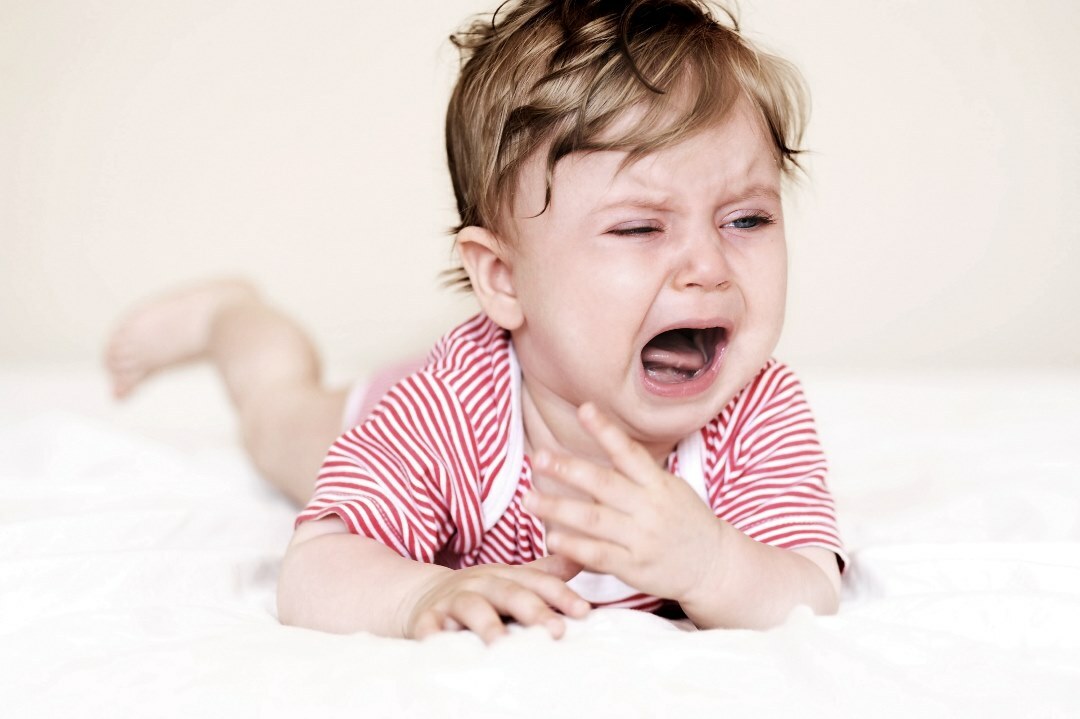
If the apartment or room is too hot and humid, it becomes difficult for the child to breathe, and he begins to choke
To reduce the likelihood of this effect, it is recommended to reduce the heating of the heating devices. Ordinary cast-iron batteries in an apartment can be closed with a special casing or screen. It is also worth ventilating the room more often.
Conclusions and useful video on the topic
The benefits and harms of a humidifier depend on its technical characteristics, manufacturer's brand and workmanship. If you choose the right unit based on the parameters of the room, then there will be no problems with its negative impact.
You just need to keep small children away from the device, clean the device in a timely manner and turn it on only when it is really necessary. You can see how a humidifier affects the well-being of a child in the following video:
If you pay more attention to the microclimate in the room and monitor the condition of the air humidifiers, then the child will become much less sick. His sleep and appetite will improve, as well as increased alertness. Of course, a humidifier will not save you from all diseases, but it will help to improve the quality of life of many families with children, so its purchase is advisable and justified.
Talk about whether you have experienced a positive or negative effect from using a moisturizer. Share your own impressions and operational subtleties. Leave comments, ask questions, post photos, please, in the form below.
